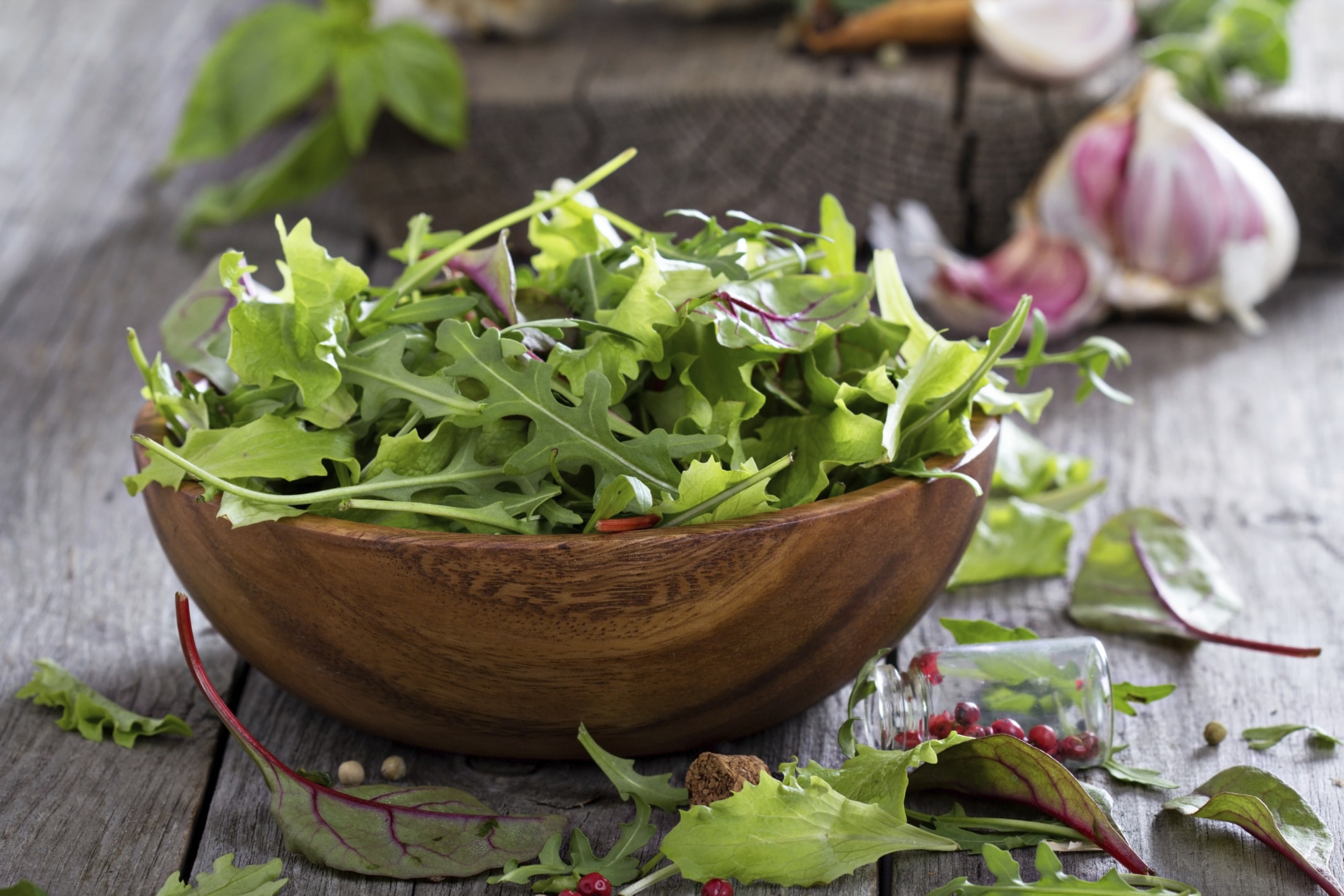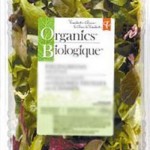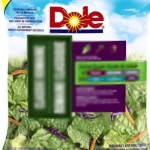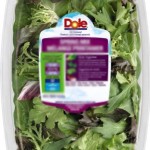Listeriosis is a serious illness usually caused by eating food contaminated with bacteria called Listeria monocytogenes. Listeria bacteria is found in food, soil, plants, sewage and other places in nature. Animals and humans can carry Listeria in their intestines without knowing it.
Listeriosis symptoms may start suddenly and include vomiting, nausea, cramps, diarrhea, headache, and fever. In more serious cases Listeriosis can lead to miscarriage, brain infection, blood poisoning and even death.
Who is at risk?
Listeriosis is very dangerous to pregnant women, newborns, older adults and people with weakened immune systems. Healthy people are rarely affected. Listeriosis can be treated with antibiotics, but early diagnosis is key. If you are ill see your family caregiver.
How do I avoid getting sick?
Foods that are contaminated with Listeria look, smell and taste normal. Unlike most bacteria, Listeria can survive and grow on foods being stored in the refrigerator. The good news is Listeria can be killed by cooking food properly.
You can reduce your risk of Listeriosis by following food safety practices (i.e. cooking to at least 74°C, chilling to 4°C or below, separating raw meats from ready-to-eat foods, washing raw fruits and vegetables before eating, and cleaning your fridge frequently).
In addition, high-risk people should avoid eating the following foods:
- Hot dogs, unless reheated until steaming hot
- Deli meats, unless dried and salted or heated until steaming hot
- Raw or unpasteurized dairy products, including soft and semi-soft cheese, such as Brie, Camembert and blue-veined cheese.
- Pâté and meat spreads, unless frozen, canned or shelf-stable
- Refrigerated smoked seafood and fish. Frozen smoked seafood and fish are of lower risk, with fully cooked, canned or shelf-stable being the safest alternatives.
- Raw or undercooked meat, poultry and fish





